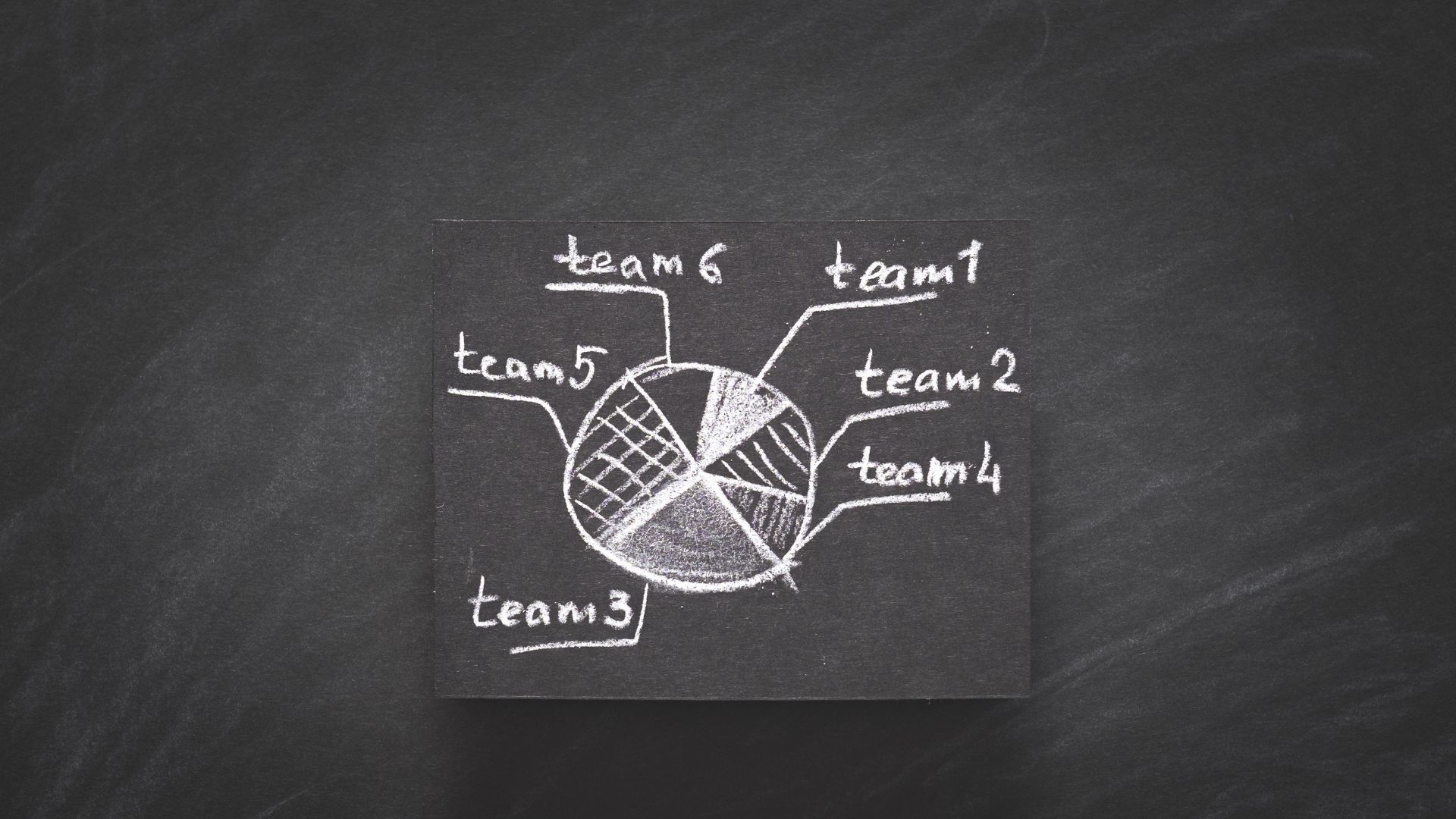Delegation is so much more than a management tactic. It’s an art form that can transform your team from the inside out.
Consider it like passing a baton in a relay race — it’s all about timing, trust, and training your team to take the lead.
This article is your playbook, filled with tips and tricks for mastering the art of delegation. Instead of just dumping tasks on other team members, you’ll empower them to thrive and grow with more responsibility and better coordination.
Why Delegation is Important
Delegation isn’t just about offloading your to-do list onto someone else — it’s a strategic time management tool used to empower teams for growth and success. It means you have more time to focus on being a better leader.
So, what exactly is delegation?
It involves assigning responsibility and authority to your team members to complete specific tasks. Avoid thinking about it like handing off tasks; it’s more about trusting other people with a piece of the bigger picture.
When done right, delegation does more than lighten your load — it encourages productivity and cultivates a strong team dynamic, helping team members shine and grow in their roles.


Common Delegation Challenges
Some managers feel like delegation is giving up control, and it’s not uncommon for leaders to worry that their tasks won’t be done to their standard or on schedule.
There can also be anxiety about trusting the right team members, especially if their abilities have yet to be fully tested. Overcoming this roadblock can ultimately stifle your team’s potential (and even your own).
Delegation Strategies
Foster open communication
Start with clear and open lines of communication, express your expectations clearly and provide all the necessary resources. This clarity will help avoid misunderstandings and build trust within your team.
Skill development
Invest time in mentoring and training your team to improve their skills. This will boost your confidence in them and prepare them for the tasks they’ll need to take on.
Structured supervision
Set up regular check-ins rather than trying to maintain constant oversight. This is a necessary balance, and it’ll help you monitor progress without falling into the trap of micromanaging, inspiring trust and autonomy amongst your team.
Empowering through decision-making
Where appropriate, leave some pre-task decision-making for your team members rather than providing them with pre-decided deliverables. This responsibility will help them feel empowered, motivated and valued.
How to Delegate Effectively
Identifying the right tasks
Start by assessing your workload to identify the tasks you can hand off. Look for activities that don’t require your specific expertise. Ideally, there will be tasks that can serve as developmental opportunities for your team members.


Choosing the right team members
Consider past performance and individual skill sets to choose team members whose strengths align with the tasks you plan on delegating. Knowing you’ve assigned tasks to the most suited employee will improve overall team performance and give you the confidence to allow them to work independently and focus your time and attention elsewhere.
Setting clear expectations
Once you’ve assigned your tasks, you should be very explicit about your expectations. Give your team comprehensive instructions, clarify your goals, and define the scope of their decision-making authority.
Efficient communication at this stage will prevent misunderstandings later. Setting clear boundaries makes it easier for your team members to perform their responsibilities independently and know when to seek your guidance.
Offering support and encouragement
When you delegate, don’t step away completely. Offer support and be accessible to answer any questions or provide the right resources.
Regularly check in without micromanaging, and always be ready to provide constructive feedback.
Tools and Techniques for Effective Delegation
Project management tools
If you’re stepping away from some regular tasks, effective project management will be more important than ever. Embrace the power of technology and project management software such as Microsoft Planner to streamline the delegation process.
These tools will help you assign tasks, track progress, and manage deadlines. They serve as a single source for project details, informing every team member of their responsibilities and timelines.
Setting SMART goals
Define success early by setting SMART (Specific, Measurable, Achievable, Relevant, Time-bound) goals.
This method ensures that your objectives are well-defined and attainable within a realistic timeframe. SMART goals give your team members clear direction and more motivation (amongst other powerful benefits).


Regular check-ins and feedback
Create a routine of regular check-ins and feedback sessions to supervise your team’s progress and address any challenges early on. This reinforces a sense of collaboration and keeps your team members motivated by showing continuous support and recognition for their efforts.
It’s also an excellent opportunity for you to act as a mentor, guiding your team towards project success and their personal career development.
Managing Your Team Post-Delegation
Monitoring progress
Try to strike the perfect balance between staying informed and avoiding micromanagement.
Set up structured milestones to track project progress and hold regular status meetings that allow you to oversee developments without stifling your team’s independence.
Encouraging autonomy and accountability
Empower your team by clearly defining roles and expectations. This will help cultivate a sense of ownership over the tasks at hand. Encourage your team members to set their own deadlines within the project timeline and hold them accountable for meeting these targets.
Recognising contributions
Acknowledge and reward your team’s hard work and achievements. Whether through formal recognition in meetings, bonuses, or simple thank-you notes, showing appreciation boosts morale and reinforces the value of their contributions.
Continuous improvement
After project completion, review the outcomes and processes to identify what worked well and what can be improved.
You can refine delegation strategies so that with each project, your team becomes more adept and your leadership much more effective. Encourage feedback from your team members to get their perspective and foster a collaborative approach to problem-solving and innovation.
Start Delegating Effectively Today
As a leader, your ability to delegate effectively sets the tone for a dynamic work environment — one where motivation thrives and team building is continuous. It’s about ensuring everyone’s talents are used and that they’re part of a collective effort towards common goals.
Assess your current projects, identify delegation opportunities, and implement the strategies we’ve covered. Embrace delegation as a core component of energy management, where every task is an opportunity for empowerment, and every project is a step toward success.
Ready to master the art of delegation? Priority Management is the trusted leader in your workspace solutions. Contact the team today to find the leadership training course best suited to your goals.
